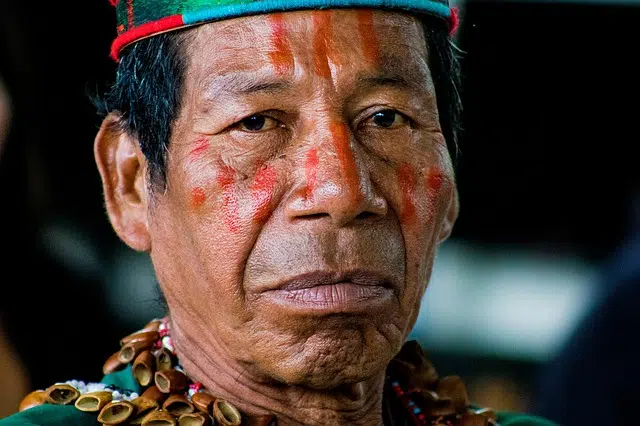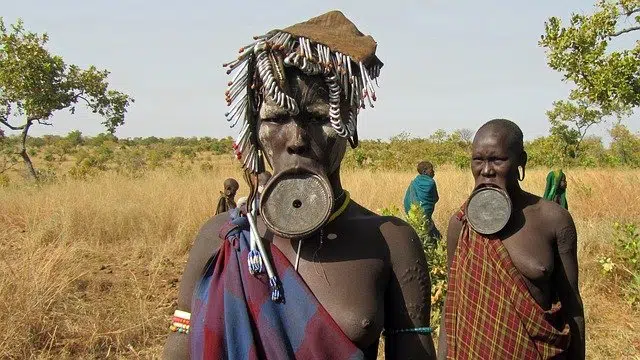
Native is usually used as a synonym for indigenous or aboriginal.
Native , from the Latin natīvus , is an adjective that refers to someone belonging to or relative to the place in which he or she was born . For example: "Cristiano Ronaldo is a native of Funchal, the capital of the Portuguese island of Madeira" , "Five natives of Haiti were deported for problems with their papers" , "My grandfather is a native of Galicia, while my grandmother is a native of Calabria" » .
The term, in any case, is associated with indigenous or aboriginal people. The natives form the original population of a territory, established before other peoples. By extension, one can speak of native language or native language : "We are going on a safari to meet the natives of this region" , "A group of natives came to the city to demand fair treatment for their people" , "The natives "They were evicted in the name of progress."
Native Americans
A unique case is that which occurs in the United States where there are so-called Native Americans or indigenous people, who identify themselves fundamentally because they live in said territory and, above all, because they use the so-called Amerindian languages. These are the ones that were originally used on that continent.
The Cherokee, the Sioux, the Karok, the Wigwam or the Cree are some of those native peoples that currently continue to exist in the aforementioned country. However, we must not forget other equally significant ones such as the Apache, the Cheyenne, the Navajo or the Eskimos.
However, the list is so extensive that it is currently considered that there may be more than five hundred tribal and native groups.

A native people forged their social organization before the development of the modern State.
A group preceding the development of the modern State
The notion of native, in this sense, is quite broad. A native people is usually considered to be one whose social organization precedes the emergence of the modern State or whose culture remained outside European influence after colonial expansion.
Today we can name natives who are part of contemporary Western society and who maintain their aboriginal condition as an essence or cultural heritage. There are natives who work in the city and who acquired the habits of modern life.
In certain countries, however, natives still maintain ancestral ways of life, as occurs in many regions of Africa , Asia-Pacific , Latin America and Oceania . The defense of their customs is quite complicated in the face of globalization .
Other uses of the term native
However, we must not overlook the fact that, colloquially, in various nations the same term is used to refer to those foreigners who work as teachers of their native language. Thus, for example, in Spain it is common for academies to learn English to emphasize that they have native teachers , that is, that they have as teachers people whose mother tongue is precisely Anglo-Saxon.
In the same way, it must also be noted that there are expressions that use the term we are analyzing. This would be the case of native gold , which is that which is identified as being very pure and which is found in a natural state in lands of various types. Some characteristics that also meet what is called native silver.
